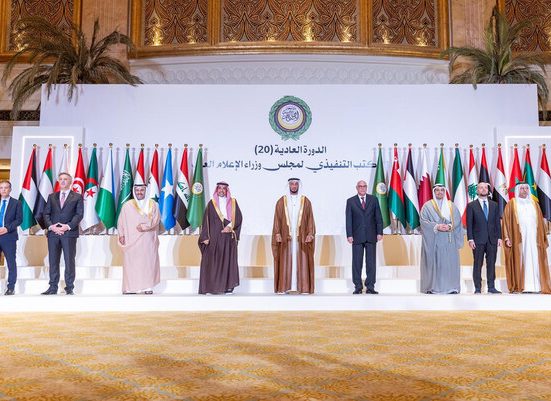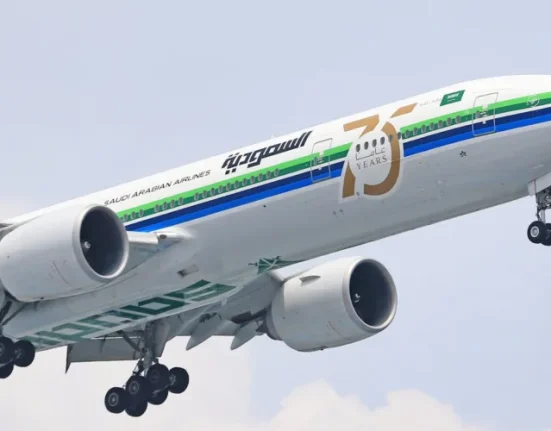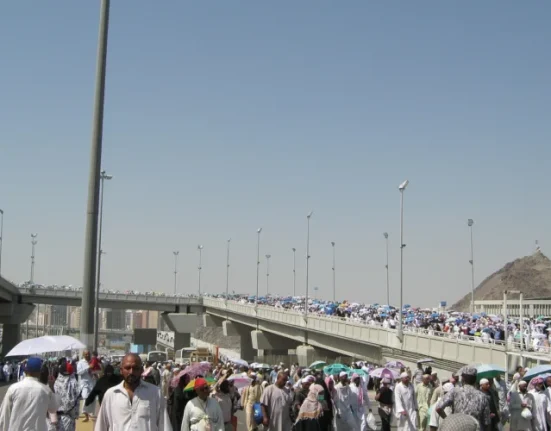As preparations intensify for the upcoming Eid Al-Adha festivities, a significant shift is unfolding in livestock markets across Saudi Arabia, with prices of sacrificial animals witnessing a noticeable drop. This development follows a strategic policy decision by the Saudi government to exempt imported livestock from customs duties, a move that has been widely welcomed by both traders and consumers.
The exemption, announced by the Saudi Council of Ministers in the previous month, applies specifically to animals imported ahead of the annual Hajj pilgrimage. The objective behind the directive was clear: increase the availability of livestock in local markets, stabilize prices during the high-demand Eid season, and alleviate the financial strain on Saudi families observing the religious sacrifice.
The impact has been swift and substantial. Livestock markets, especially in the northern parts of the Kingdom such as Al-Jouf and Tabuk, are now bustling with activity. Traders report an influx of both local and imported breeds, offering buyers a broader range of choices. Market observers note that the customs exemption has not only curbed price surges but has also encouraged competition among sellers, ultimately benefiting the end consumer.
According to report, several livestock traders expressed optimism about the measure, highlighting that the exemption has allowed them to restock at lower costs, passing on the savings to buyers. “This decision came at the right time,” said one trader in Hail. “We are seeing more foot traffic in the markets, and people are now able to afford animals they previously thought were out of reach.”
Eid Al-Adha, also known as the Festival of Sacrifice, is one of the most significant holidays in the Islamic calendar. During the occasion, millions of Muslims worldwide, including in Saudi Arabia, perform the ritual sacrifice of livestock in commemoration of Prophet Ibrahim’s obedience to God. The demand for sheep, goats, and camels typically spikes in the days leading up to the celebration, often putting upward pressure on prices.
However, this year’s dynamics have changed. With the customs duties waived for qualifying imports, the Kingdom has managed to open up the supply chain just in time for Eid, ensuring market stability and making sacrificial animals more accessible to the average citizen.
Economists observing the livestock sector have pointed out that such temporary relief measures can be effective in balancing seasonal supply and demand, especially when aligned with national objectives like food security and consumer protection. As Saudi Arabia continues its broader economic reforms under Vision 2030, decisions like this highlight the government’s commitment to easing burdens on its citizens while managing essential religious and cultural practices with sensitivity and foresight.
As the Kingdom prepares for a spiritually significant and economically smoother Eid Al-Adha, the effects of the customs waiver serve as a reminder of how timely policy decisions can resonate positively across multiple layers of society.







